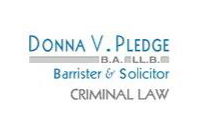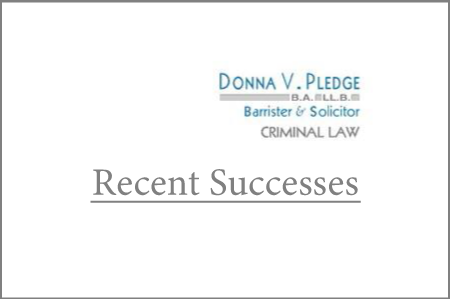Driving Under the Influence of Marijuana
What is known as driving under the influence is referred to as either impaired driving or blowing over 80. According to Canadian law, a driving under the influence offence can occur in one of two ways. One way is for a person’s blood alcohol concentration, the amount of alcohol in one’s body being at or over 0.08 percent. The other way is impaired driving which does not depend on the amount of alcohol in a person’s system. This is how someone can be charged with driving under the influence of marijuana.
Difference between DUI involving Alcohol and DUI Marijuana
Canada treats both types of DUI the same. However, they are different in the way police investigate DUIs involving drunk driving. The police can use the breath test to determine the amount of alcohol in a person’s system. However, a breath test cannot determine marijuana consumption. As such, the police have to conduct a DUI marijuana suspicion differently.
Police Look for Signs of Driving under the Influence of Marijuana
After a traffic stop, police look for signs of impairment that signal that a person was driving under the influence of marijuana. These signs include:
- Driving too slowly
- Driving erratically
- Slurred speech
- Blood shot eyes
- Glassy eyes
- Impaired cognitive function
- Impaired motor skills
- The smell of marijuana in your vehicle
In addition to looking for the above marijuana impairment signs, the Criminal Code of Canada addresses how police can investigate possible marijuana DUIs. Section 254(2) (a) gives police permission to demand that a driver suspected of marijuana impairment complete a Standardized Field Sobriety Test, or SFST. The test includes a physical conditioning test, which allows an officer to look for the signs of impairment.
Care or Control
According to the Criminal Code of Canada, a person can be charged with driving under the influence of marijuana even though their vehicle is not in motion. To be in care and control of the vehicle means that an individual was sitting in the driver’s seat at the time the police noticed him or her. For instance, you may have been stopped on a street and stopped by police. You could be arrested for driving under the influence of marijuana. It is presumed that you intended to drive.
Possible Defences to Driving under the Influence of Marijuana
Defending a marijuana DUI offence requires a different approach than an offence involving alcohol. First, a lawyer must determine why the police stopped your vehicle. Once this is established, the next step is to build a defence around how the marijuana was detected in your body. Typically the police will use a urine or blood sample to find out the THC concentration in your system. There are always flaws in the way the police determine the amount of marijuana in your system, so this is one possible avenue for your lawyer to explore.
If you or a loved one was charged with the offence of driving under the influence of marijuana, you have legal options. To understand all the available defences you can use, talk to a criminal lawyer in Ontarioabout your marijuana DUI.





